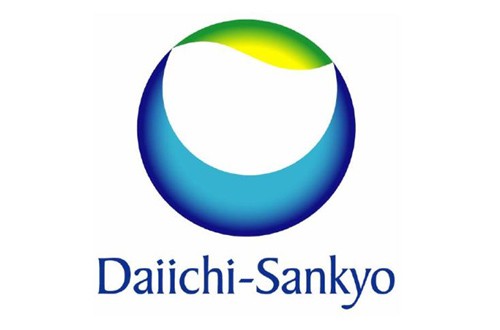
Daiichi Sankyo has said it will close down its German antibody subsidiary U3 Pharma and transfer its operations to a research unit in Japan.
The company said the move is part of an initiative to “strengthen its global R&D capabilities by increasing efficiency and streamlining processes”.
Martinsried-based U3 Pharma – which was acquired by Daiichi Sankyo in a €150m deal in 2008 – employs around 40 members of staff and specialises in the development of antibody treatments for cancer.
U3 Pharma’s lead candidate patritumab (U3-1287), an anti-HER3 antibody in clinical trials for non-small cell lung cancer (NSCLC), breast cancer and head and neck cancer, was highlighted by Daiichi Sankyo as a key driver for U3’s acquisition.
Seven years on, it remains the only candidate from U3 in clinical development, with all other projects listed in the German company’s latest update still in early-stage or preclinical testing.
The announcement comes shortly after Daiichi Sankyo announced major job cuts in the US – mainly in its salesforce – along with a revamp of its R&D operations with the creation of a research alliance with fellow Japanese drugmaker Astellas and the launch of its TaNeDS open innovation drive in Europe.
The restricting comes as Daiichi Sankyo faces the loss of patent protection in the US for Benicar (olmesartan), a $2.4bn-a-year product used to treat high blood pressure.
US sales of the drug are around $900m a year and the Japanese company is already coping with generic competition to the cholesterol drug Welchol (colesevelam), which at its peak had US sales of around $300m a year.
Daiichi Sankyo is looking to new products such as novel oral anticoagulant (NOAC) Lixiana (edoxaban) – as well as pipeline candidates like tivantinib for liver cancer, quizartinib for leukaemia and mirogabalin for fibromyalgia – to help it cope with the anticipated loss of revenues resulting from the patent losses.




